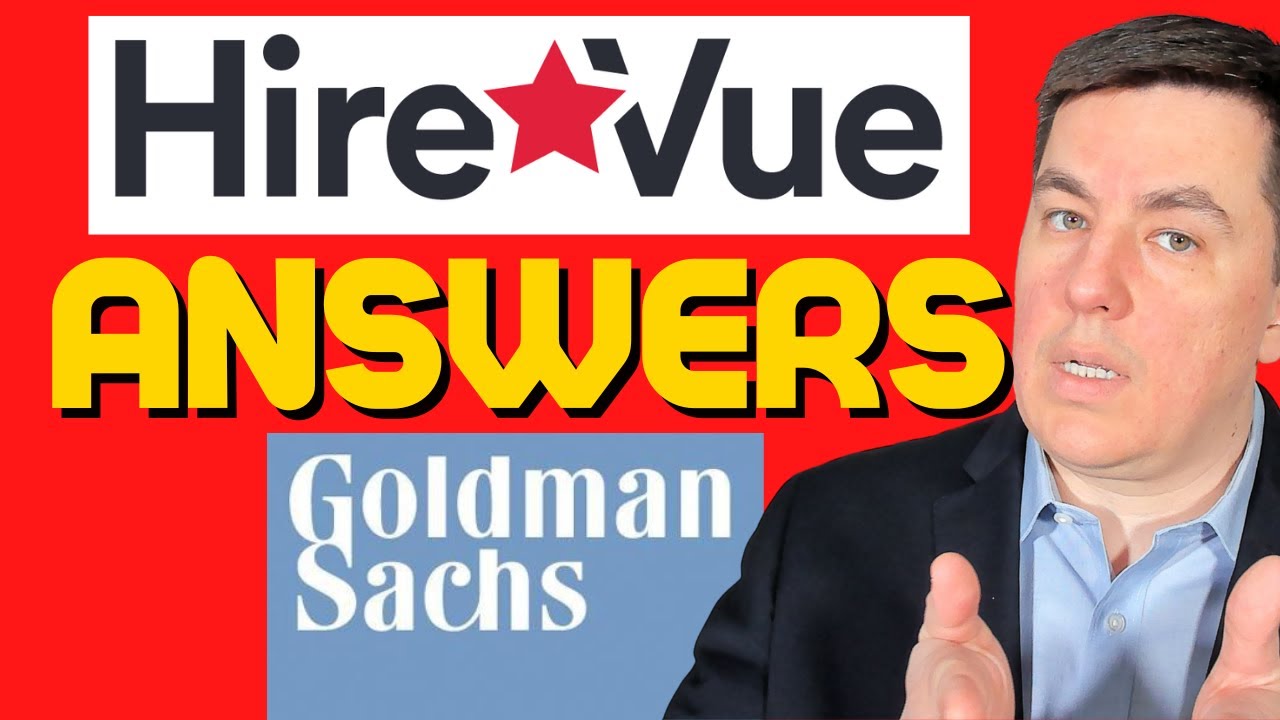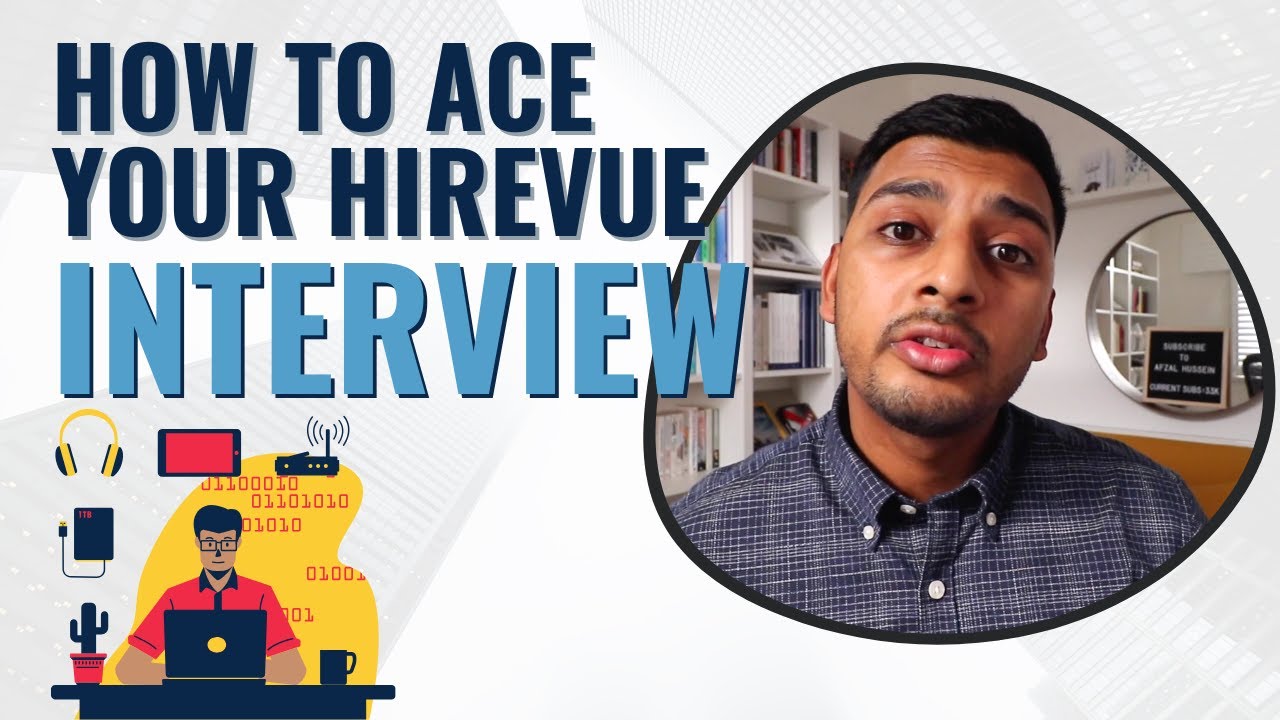Goldman Sachs is one of the leading investment banks globally. They offer several employment preparation and entrepreneurship support programs to students at all levels.
You can find more info on these here.
Their summer analyst program for 2nd and 3rd year students can be found here.
Here I am providing some tips and resources for preparing to apply to Goldman Sachs (curated particularly for those who asked.)
Steps in Application Process
- Application Form Submission
- Hackerrank Problem Solving Challenge
- Interview Rounds
- HireVue Interview
- Technical Interviews (Dependent on mode: remote/in-person)
- Behavioural Interview
Knowledge You Need to Ace Interviews
- Algorithms & Problem Solving Capabilities
- Clean code practices
- Understanding of how to apply technical concepts from school projects or work experience.
- Understanding of software testing
- Basic behavioural interview questions
General Tips for preparing and succeeding in the process
- Keep up with industry trends (in this case Finance and Tech) - It is any employer’s hope that their employees and potential employees buy into the goal of the vision. If employees are not in tune with business goals or are not aware of changes in the landscape, the business stands to lose its competitive advantage. You, of course, would become less valuable to the company. Thus it would be much more ideal if you are genuinely interested in fintech, but if not, you should at least try to keep up with general finance and tech industry news.
NB. Internships are available to students to work in engineering, but also non-engineering fields such as project management, etc.
- Know your strengths and advantages - What is your competitive edge as a candidate? Do you have work experience? Have you done any projects in or outside your degree program? Do you have certifications or have you done any other noteworthy courses? Are you a fast learner?
Whatever your strength is you need to be aware of it so that you can capitalize on that when you are marketing yourself. Like any other job, you’re trying to put your best foot forward.
3- 6 For Engineering Candidates only
- Have a good understanding of data structures and algorithms - If you thought there was no use for your 'Analysis of Algorithms course content, think again (Really this should apply to your entire career but we digress).
Just like applying to any big tech company, you’ll be working with data-intensive systems that are serving millions of customers globally. You need to have a good understanding of algorithms and how to create effective and efficient solutions. Even if you didn’t grasp this content in class, there are tons of resources online that can help you.
-
Have a good understanding of projects you’ve worked on the technical concepts that were applied. - I want to say that you should know the projects you worked on, but that doesn’t;t always apply so take note. It doesn’t matter if it was your personal side project or your networking course project, you should go over each to ensure you are aware of the technical concepts that you applied in completing each. This will help you to quickly provide examples during technical interviews and demonstrate that you are able to apply learnings and you are not just soaking in theory in classes.
-
Practice Problem Solving - Practice! Practice! Practice! Practice makes perfect. Can’t stress enough. There are several platforms such as Leetcode which provide practice questions and solutions. However, you could focus solely on the Interview Preparation Kit provided by Hackerrank, since you will be using it at some point in the process.
-
Grab a friend and do some mock interviews - If you’re not great at interviews, you will want to allot some time to practise. If you tend to get nervous speaking in front of others, you may want to have a friend interview you so that you can get more comfortable. Common interview questions can be found on Glassdoor’s site.
-
Create a timeline - I’ve said a lot above and that can make it feel overwhelming but not to worry, you only have one thing to worry about at a time. The first is submitting your application and the second is problem-solving practice. To make it easier, it’s a good idea to set a timeline for getting these things done. Since the timeline may change, I can make a definite suggestion, but I would recommend focusing on completing basic algorithms content up until after your first technical interview. Get a general grasp of the data structures and algorithms that exist before diving in deep.**
-
Apply Apply Apply - I know too many persons who were more technically competent than me that who lost out because they didn’t apply. School is always a lot, but it doesn’t take a day to complete the application form.


